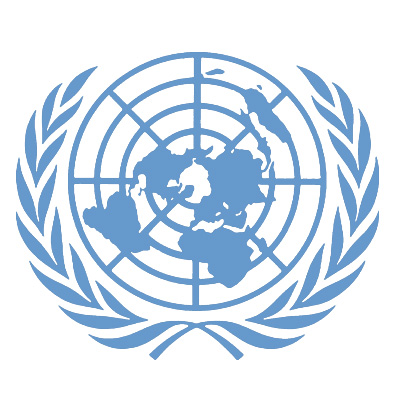Has the UN being thrown to the dogs by the press? The argument certainly could be made that this is the case. The language used the reports, however, does not indicate any direct slander of the peacekeeping efforts. In many press articles, just the opposite seems to be true. Articles in Time and reports by the BBC do make mention of the possible Nepalese source of the outbreak, but the language is careful enough to dodge absolutes and makes it clear that such claims, while backed scientific research, are not fully confirmed. To portray the media as complicit in the causation of the riots and contributing to the entire cholera epidemic situation, would be merely shooting the messenger. This does not seem to be a case of early, incendiary, irresponsible reporting causing undo strife but simply the media covering a pressing issue in a politically sensitive part of the world. Any claim that press censoring on the issue could have prevented further violence is solely based on hindsight and heresy.
 On the contrary, I feel that the media, if anything, could be more critical of the efforts made by large foreign aid agencies, including the Red Cross and the United Nations. For example, if we take a closer look at one of the BBC articles from late November that covered the cholera outbreak, the press does not seem interested in analyzing the efforts of the NGOs, particularly the UN. The article paraphrases Edmund Mulet (head of the UN mission in Haiti) as claiming that "violent protests by people who blame peacekeepers for the spread of the disease were wasting time and costing lives." This echoes an article in the New Yorker by Phillip Gourevich in that it continues the legacy of leaving humanitarian efforts outside the realm of culpability for actions in the regions they seek to provide relief. It kind of deflects the problem, as if good intentions cannot be responsible for bad outcomes. Instead of assessing the mistakes made, the article continues to criticize the protesters for indirectly prolonging the epidemic while saying almost nothing choleric (no pun intended) or even analytical in regards to the UN effort in Haiti. The article simply promotes the manic march by the UN and other foreign aid agencies for more funding and less criticism for their efforts. Thus, the media would appear far from complicit in the case of the Haitian cholera riots. Sad to say, but while the protesters may have chosen an improper means, their end of criticizing the foreign aid effort may be correct. Perhaps the media should report on that.
On the contrary, I feel that the media, if anything, could be more critical of the efforts made by large foreign aid agencies, including the Red Cross and the United Nations. For example, if we take a closer look at one of the BBC articles from late November that covered the cholera outbreak, the press does not seem interested in analyzing the efforts of the NGOs, particularly the UN. The article paraphrases Edmund Mulet (head of the UN mission in Haiti) as claiming that "violent protests by people who blame peacekeepers for the spread of the disease were wasting time and costing lives." This echoes an article in the New Yorker by Phillip Gourevich in that it continues the legacy of leaving humanitarian efforts outside the realm of culpability for actions in the regions they seek to provide relief. It kind of deflects the problem, as if good intentions cannot be responsible for bad outcomes. Instead of assessing the mistakes made, the article continues to criticize the protesters for indirectly prolonging the epidemic while saying almost nothing choleric (no pun intended) or even analytical in regards to the UN effort in Haiti. The article simply promotes the manic march by the UN and other foreign aid agencies for more funding and less criticism for their efforts. Thus, the media would appear far from complicit in the case of the Haitian cholera riots. Sad to say, but while the protesters may have chosen an improper means, their end of criticizing the foreign aid effort may be correct. Perhaps the media should report on that.Sources:
BBC News
2010 Haiti cholera outbreak response 'inadequate', says MSF. BBC World News Online.
http://www.bbc.co.uk/news/world-latin-america-11802488
2010 Haiti cholera outbreak response 'inadequate', says MSF. BBC World News Online.
http://www.bbc.co.uk/news/world-latin-america-11802488
Desvarieux, Jessica
2010 At the Heart of Haiti's Cholera Riots, Anger at the U.N.Time Online.
http://www.time.com/time/world/article/0,8599,2032437,00.html
Desvarieux, Jessica and Tim Padgett
2010 At the Heart of Haiti's Cholera Riots, Anger at the U.N.Time Online.
http://www.time.com/time/world/article/0,8599,2032437,00.html
Desvarieux, Jessica and Tim Padgett
2010 Haiti's Cholera Riots: A Plot to Stop the Elections? Time Online.
http://www.time.com/time/world/article/0,8599,2031665,00.html
Gourevich, Phillip
2010 Alms Dealers. The New Yorker Oct. 11 2010: 102-9.
Gourevich, Phillip
2010 Alms Dealers. The New Yorker Oct. 11 2010: 102-9.
